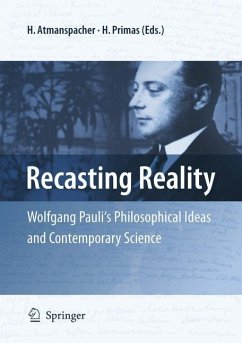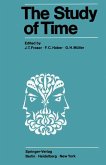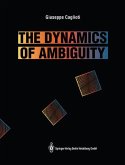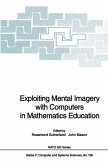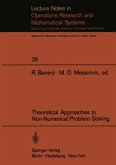1 2 Harald Atmanspacher and Hans Primas 1 Institute for Frontier Areas of Psychology, Freiburg, Germany,haa@igpp.de 2 ETH Zurich, Switzerland,primas@phys.chem.ethz.ch Thenotionofrealityisofsupremesigni?canceforourunderstandingofnature, the world around us, and ourselves. As the history of philosophy shows, it has been under permanent discussion at all times. Traditional discourse about - ality covers the full range from basic metaphysical foundations to operational approaches concerning human kinds of gathering and utilizing knowledge, broadly speaking epistemic approaches. However, no period in time has ex- rienced a number of moves changing and, particularly, restraining traditional concepts of reality that is comparable to the 20th century. Early in the 20th century, quite an in?uential move of such a kind was due to the so-called Copenhagen interpretation of quantum mechanics, laid out essentially by Bohr, Heisenberg, and Pauli in the mid 1920s. Bohr's dictum, quoted by Petersen (1963, p.12), was that "it is wrong to think that the task of physics is to ?nd out how nature is. Physics concerns what we can say about nature." Although this standpoint was not left unopposed - Einstein, Schr¨ odinger, and others were convinced that it is the task of science to ?nd out about nature itself - epistemic, operational attitudes have set the fashion for many discussions in the philosophy of physics (and of science in general) until today.

